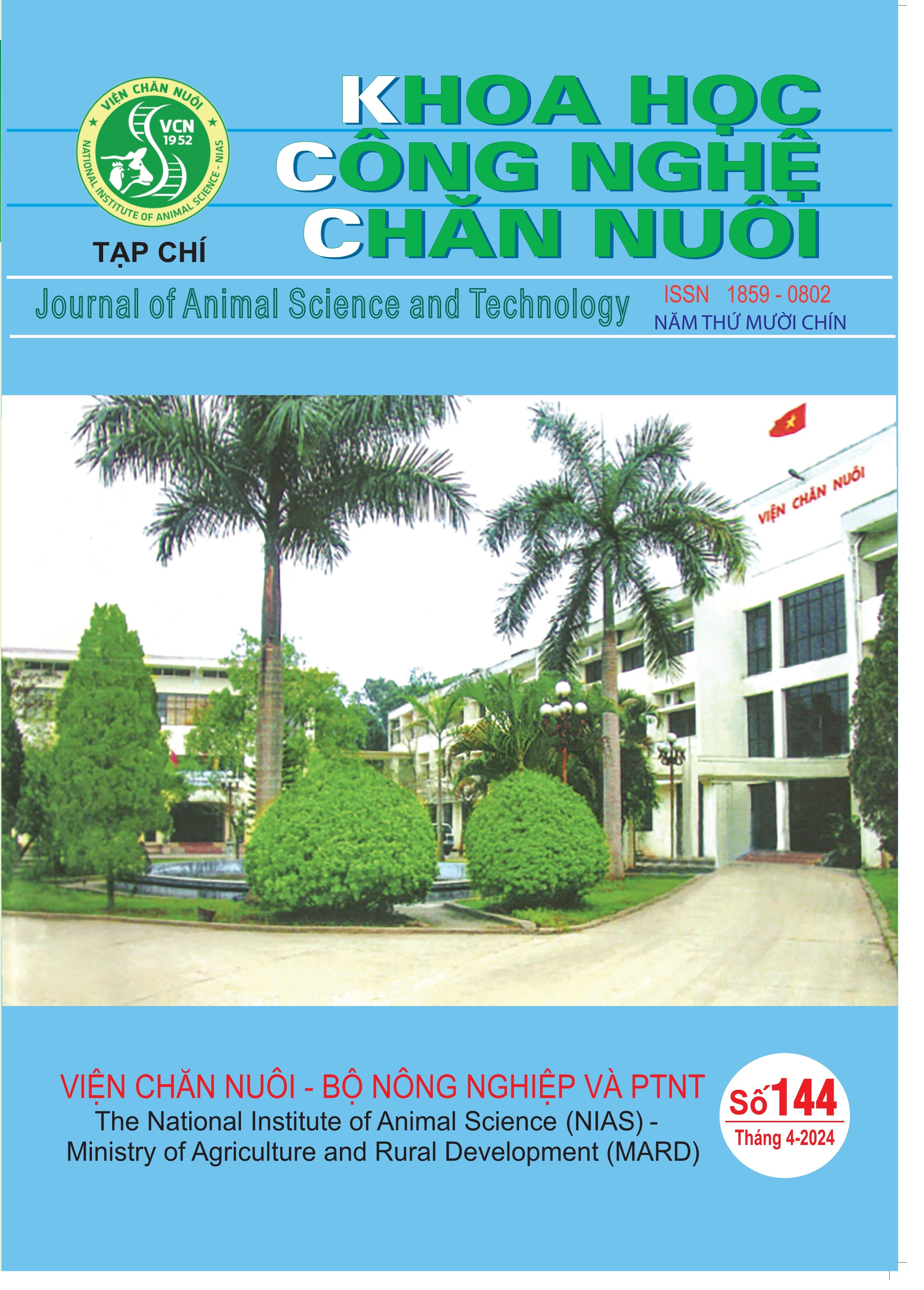Systemic, plant and animal factors influencing the inclusion of pasture in diets and their impact on diet formulation for dairy cows
Diet formulation in a pasture-based dairy system is a challenge as the quality and quantity of available pasture, which generally constitutes the base diet, is constantly changing. The objective of this paper is to cover a more in-depth review of the nutritional characteristics of pasture-based diets, identifying potential system, plant, and animal factors that condition pasture dietary inclusion in dairy cows. In practice, there is a wide diversity of pasture-based systems with predominant to minimal use of pasture requiring a more specific classification that potentially considers the amount and time of access to pasture, access to housing, length of grazing season, seasonality of calving, and level and method of supplementation. There are important differences in the nutritional quality between pasture species and even cultivars. However, under management practices that promote maintenance of pasture in a vegetative state as well as controlling the availability of pasture, it is possible to achieve high dry matter intakes (∼2.9% -3.4% of live weight) of pasture with moderate to high diet energy density, protein supply, and digestibility. The amount of pasture to include in the diet will depend on several factors, such as the type of production system, the cost of supplementary feeds, and the farmer's objectives, but inclusions of ∼40% to 50% of the diet seem to potentially reduce costs while apparently not limiting voluntary feed intake. Considering that there seems to be a continuum of intermediate management systems, a better understanding of the factors inherent to the feed ingredients used, as well as the use of nutrients by cows, and potential interactions between animal × system should be addressed in greater depth. This requires a meta-analysis approach, but given the diversity of the pasture-based system in practice, the existing information is highly fragmented. A clear definition of “subsystems” is necessary to direct the future research and development of mechanistic models.

